Retro Replay Review
Gameplay
Dragon Age: Origins offers a deep, party-based RPG experience that blends real-time combat with pause-and-plan tactics. Players control up to four active party members—choosing from warriors, rogues, and mages—while the AI handles the rest. At any moment you can pause the action to issue precise orders, swap between characters, and unleash each hero’s unique talents and specializations. This hybrid approach keeps combat thrilling and strategic, catering to both action-oriented and methodical playstyles.
(HEY YOU!! We hope you enjoy! We try not to run ads. So basically, this is a very expensive hobby running this site. Please consider joining us for updates, forums, and more. Network w/ us to make some cash or friends while retro gaming, and you can win some free retro games for posting. Okay, carry on 👍)
Character progression is robust, with each level-up granting three attribute points and one talent point to unlock new spells or abilities in an expansive talent tree. Every three levels you also earn a skill point for services like herbalism or survival, while at levels 7 and 14 you gain specialization points. These specializations—such as Spirit Healer for mages or Berserker for warriors—provide powerful passive bonuses and open exclusive talents, rewarding players for collecting books or gaining allies’ trust to teach them advanced lore.
The origin system adds tremendous replay value, featuring six unique prologues that shape your character’s background before the Blight unfolds. These “origin stories” determine your race, social standing, and initial relationships, and they feed directly into early dialogue and quest options. Whether you begin as a Dalish elf or a city elf apostate, or one of two human origins, each path offers distinct motivations and alters the world’s perception of you, ensuring no two playthroughs feel identical.
Party dynamics hinge on a trust and approval system, where relationships with companions range from -100 to +100. Choices in dialogue, gift-giving, and quest outcomes influence whether a teammate praises or condemns you. High approval unlocks personal quests, attribute bonuses, and potential romances, creating a living world where your decisions carry weight beyond mere loot or experience points.
For players on consoles, the experience is streamlined: the tactical overhead view is omitted, and default difficulty is lowered to suit controller schemes. While PC players enjoy more direct party-wide controls and quicker access to menus, console users benefit from simplified commands that focus on single-character control, making it easier to dive into the story without mastering a full suite of tactical options.
Graphics
Despite its age, Dragon Age: Origins remains visually striking thanks to its gothic art direction and richly detailed environments. From the mist-shrouded streets of Denerim to the dank depths of darkspawn-infested warrens, each locale feels handcrafted with layered textures, moody lighting, and atmospheric effects. The color palette shifts to match each region’s tone—vibrant greens in the Brecilian Forest, stark grays in the Frostback Mountains—immersing players in Ferelden’s varied landscapes.
Character and creature designs showcase BioWare’s commitment to memorable aesthetics. Companions like the battle-scarred dwarf Champion of Khorne or the graceful elven mage Wynne each have distinctive gear, animations, and idle behaviors that reflect their personalities. Enemies—from slavering Genlocks to hulking ogres—pose visual threats that match their gameplay challenge, reinforcing the danger of each encounter.
Spell effects and combat animations still impress, with fiery infernos, shimmering ice walls, and electrifying chain lightning filling the screen in vibrant bursts. Even on modest hardware, particle effects, dynamic shadows, and weather changes—rainstorms, swirling fog—enhance immersion. While today’s triple-A titles may outshine Origins in sheer polygon count or resolution, its art style and technical polish stand the test of time.
Loading screens and cutscenes transition smoothly, and although voice acting sometimes dips into melodrama, facial animation and lip-sync remain serviceable. Patches and community mods have further improved textures, character models, and resolution support, ensuring modern systems can push the visuals closer to current-gen standards.
Story
Dragon Age: Origins opens with a sense of impending doom: after four centuries of peace, the Darkspawn under a newly awakened Archdemon press their attack on Ferelden. The dramatic Battle of Ostagar sets the tone, as the hero—freshly inducted into the Grey Wardens—witnesses the tragic betrayal of King Cailan and the massacre of Ferelden’s noblest defenders. This prologue not only establishes high stakes but personalizes the fight against the Blight.
As one of the few survivors, the player must forge alliances across human, elven, dwarven, and even mercenary factions to unite disparate forces against the common enemy. Branching dialogues and critical choices—whether to spare a Darkspawn-hunting ogre, support a rebel leader, or negotiate with a distrustful dwarf clan—shape both immediate outcomes and the final confrontation. These narrative forks give weight to every decision and encourage multiple playthroughs to explore different alliances and endings.
Companion stories are woven seamlessly into the main plot, from Alistair’s reluctant humor to Morrigan’s cynical pragmatism and Leliana’s zealous devotion. Each party member has personal quests that delve into their histories—ranging from murder investigations in Orzammar to forbidden love affairs—and these side arcs culminate in powerful character moments that often intersect with the broader narrative.
Interpersonal dynamics, moral ambiguity, and the looming threat of the Blight create a rich tapestry of conflict and resolution. Whether you’re brokering peace between clan nobles or confronting a treacherous general, the game treats your choices seriously, granting or denying resources, loyalty, or redemption based on your actions. This emphasis on player agency elevates the story from a simple good-versus-evil tale into a nuanced exploration of sacrifice, leadership, and the costs of war.
Overall Experience
Dragon Age: Origins remains a benchmark for western RPGs, delivering dozens of hours of engrossing gameplay across its sprawling map of Ferelden. The fusion of tactical combat, deep character customization, and branching narrative ensures that each session feels fresh. Add to that the six distinct origin stories and a host of DLC campaigns—such as the chilling “Darkspawn Chronicles” and the harrowing “Witch Hunt”—and you have an adventure that can easily consume well over a hundred hours.
New players will appreciate the intuitive UI on consoles or the granular control options on PC, while veterans can tweak difficulty settings, install community mods, and tackle challenging Iron Man runs. The camaraderie forged with companions, the thrill of discovering hidden lore, and the emotional resonance of critical story beats all contribute to a fulfilling journey from humble recruit to legendary Warden.
While modern titles may offer photorealism or streamlined mechanics, Dragon Age: Origins stands out for its heartfelt storytelling, memorable cast, and unwavering commitment to player-driven narrative. The game’s legacy endures in its successors and in the hearts of its dedicated fanbase, proving that a well-crafted RPG can transcend technical limitations and remain engaging for years to come.
Whether you’re seeking a dark fantasy odyssey or a gateway into BioWare’s world of epic choices, Dragon Age: Origins delivers an experience that is both timeless and deeply rewarding. Its blend of strategy, character drama, and high-stakes storytelling makes it an essential addition to any RPG enthusiast’s library.
 Retro Replay Retro Replay gaming reviews, news, emulation, geek stuff and more!
Retro Replay Retro Replay gaming reviews, news, emulation, geek stuff and more!
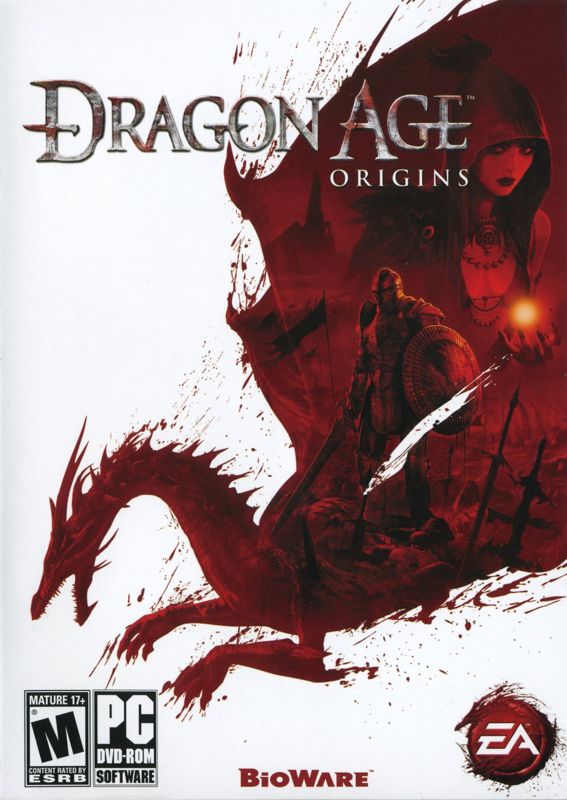
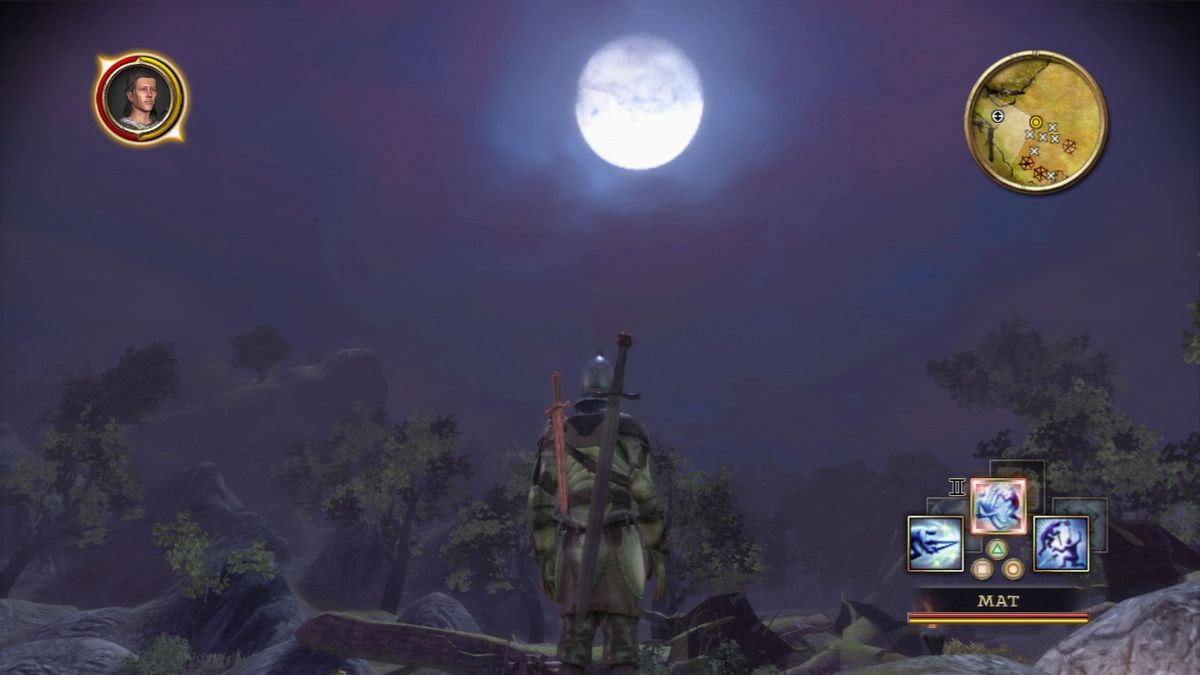
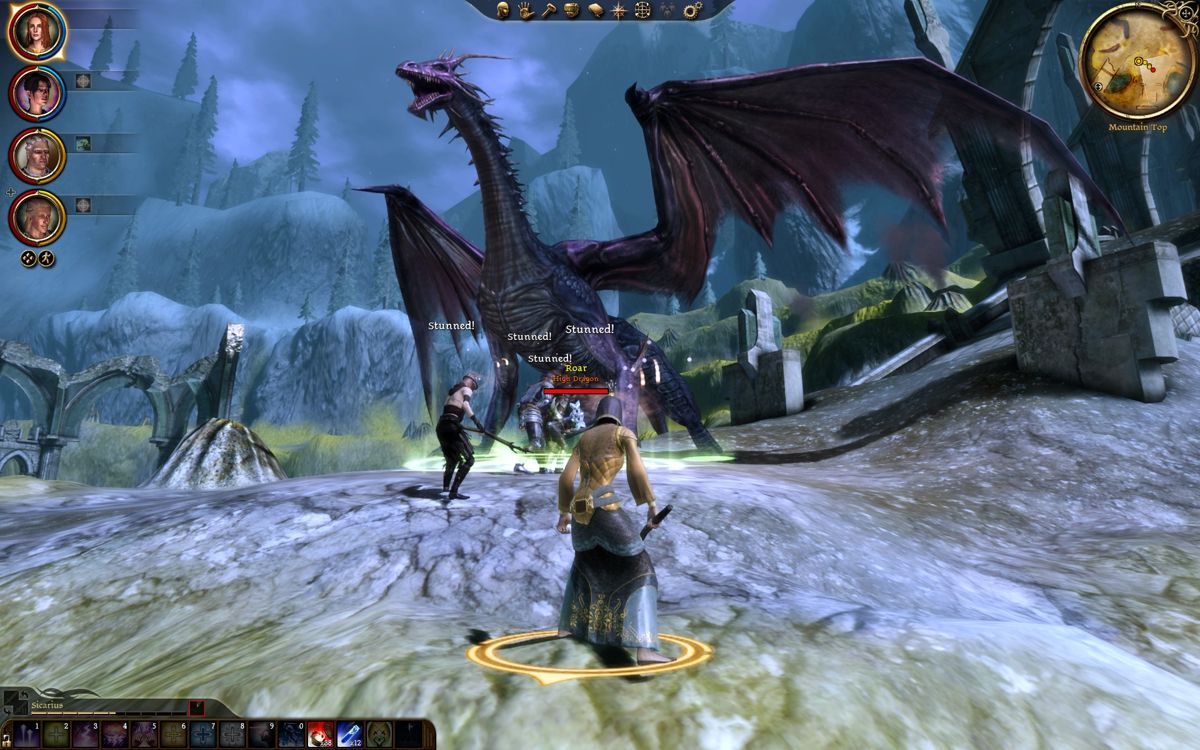
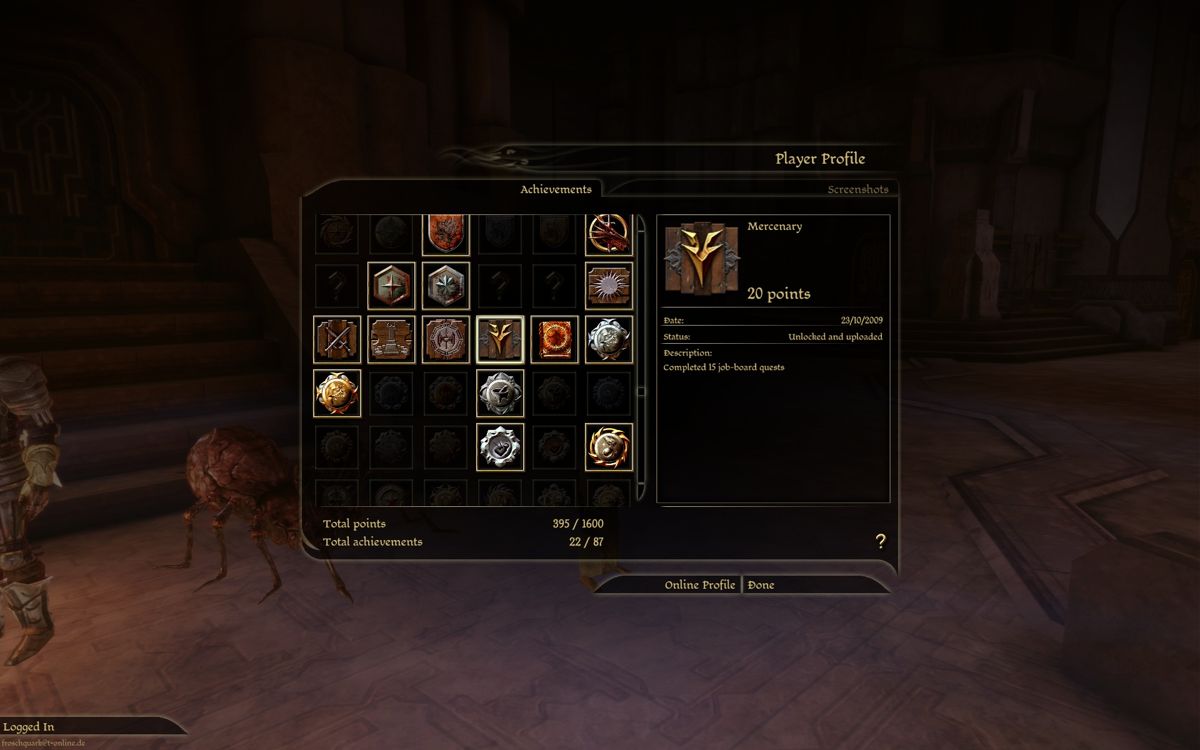
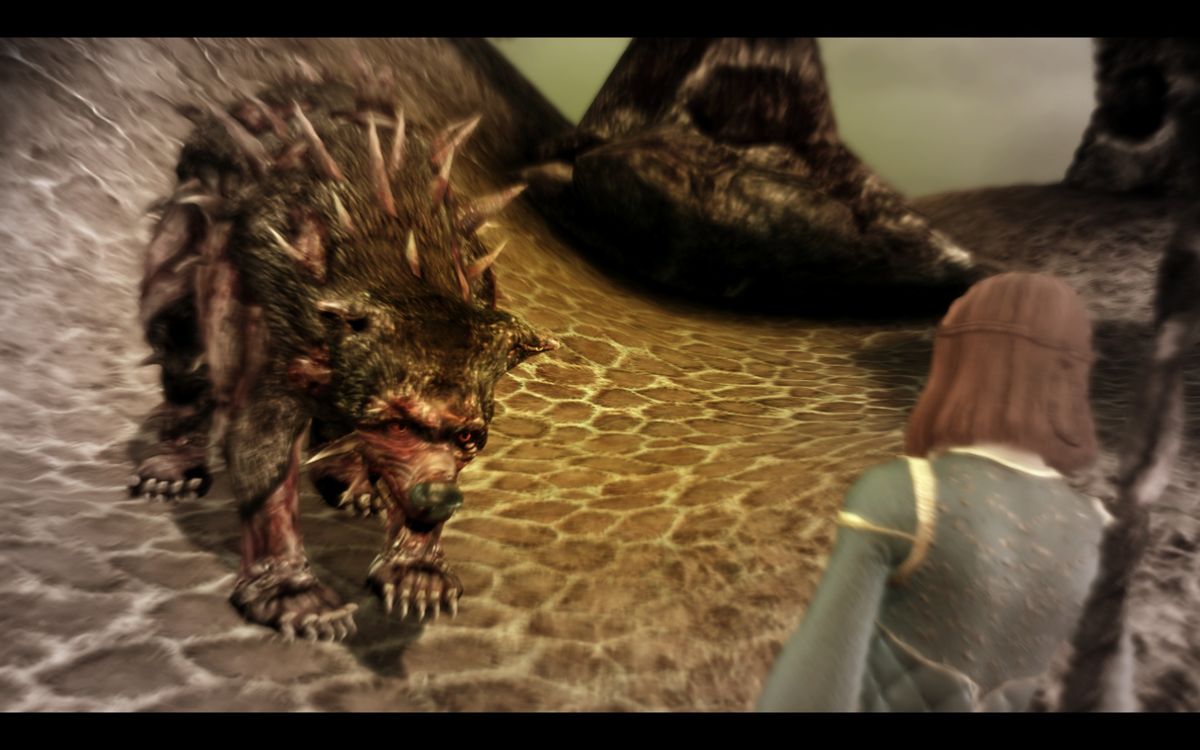
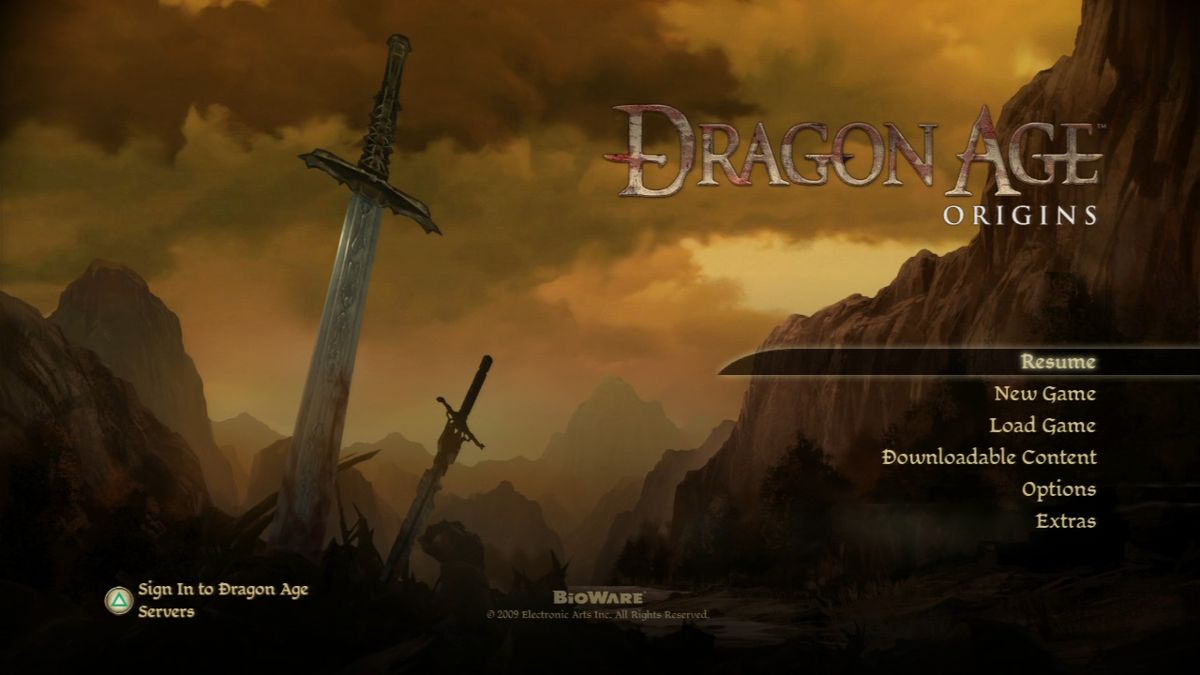



Reviews
There are no reviews yet.